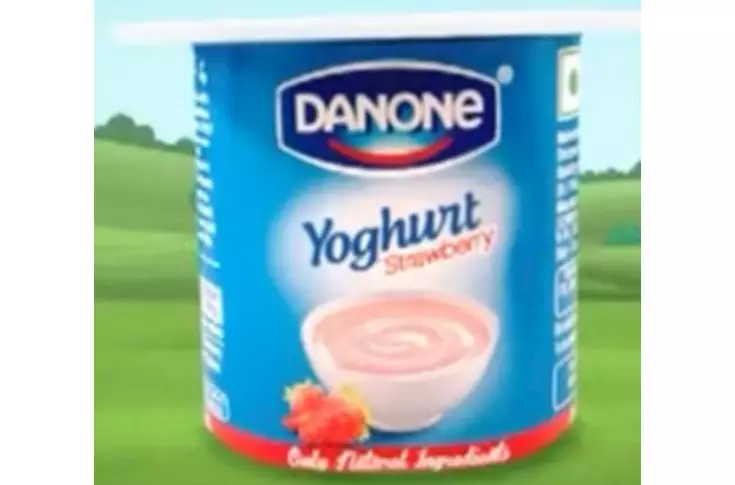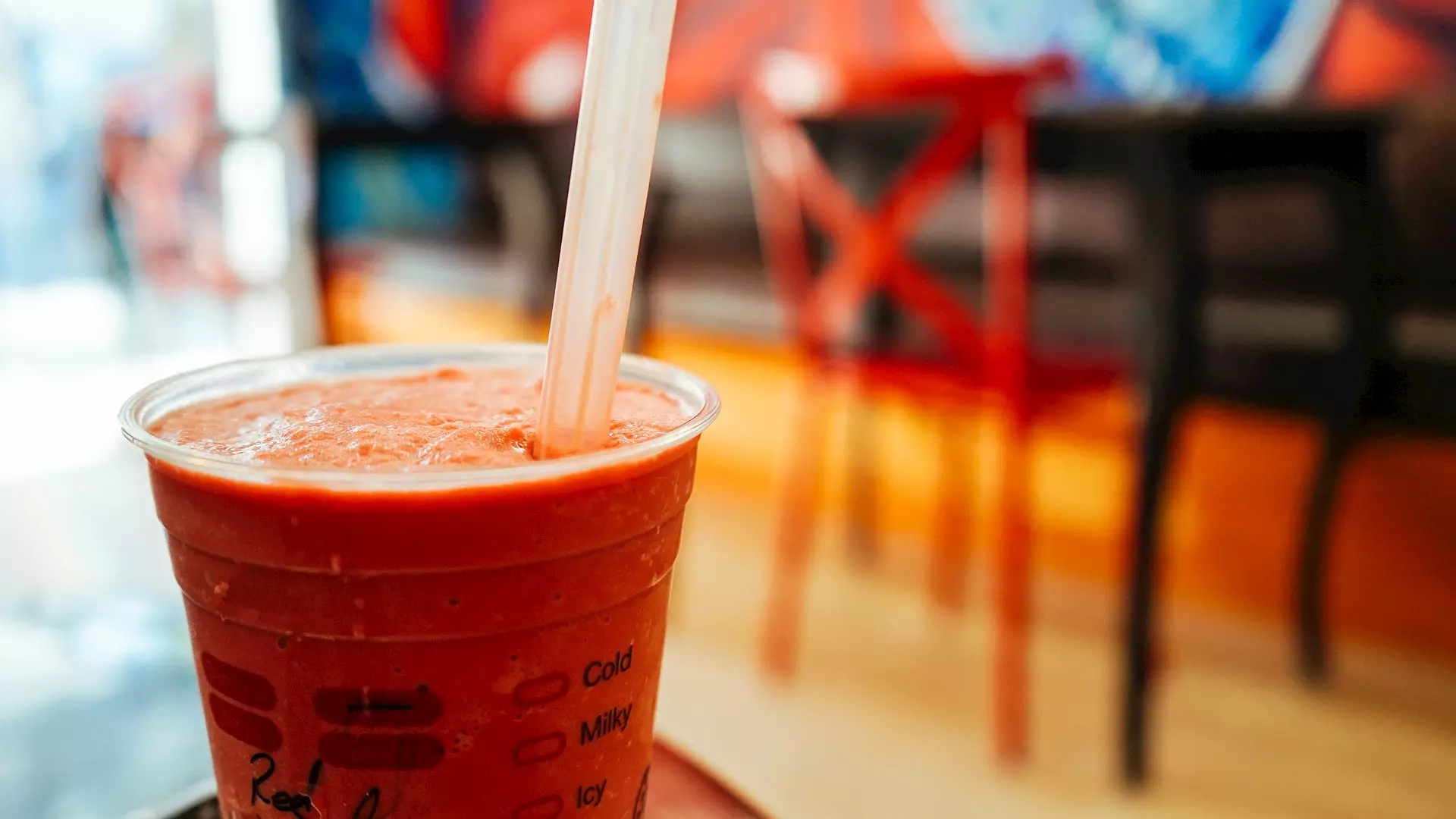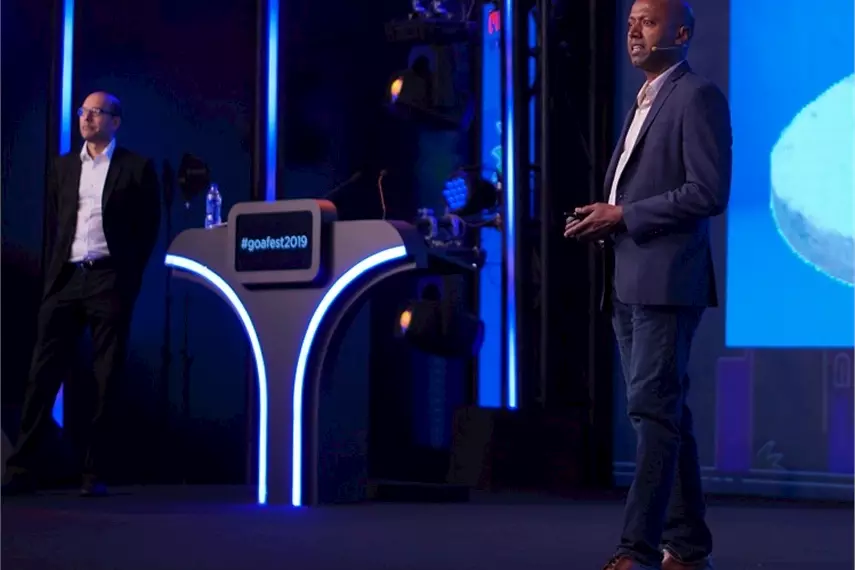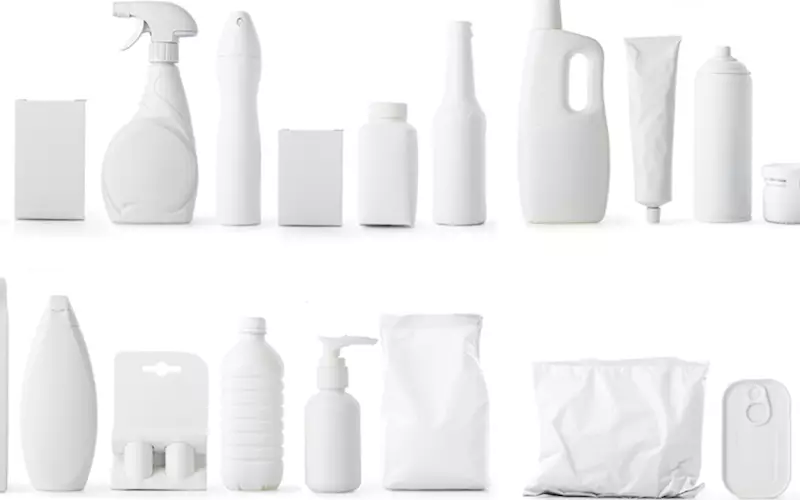Five packaging headlines of the week
From new regulations to new product launches, it has been a busy week for the Indian packaging industry. The WhatPackaging? team digs out five headlines of the week that made news.
15 Apr 2019 | By WhatPackaging? Team
1. Parag Milk Foods with a revenue of Rs 1955 cr, and with brands like Go cheese and Gowardhan ghee, and whey protein under Avatar, is hoping to achieve a turnover of Rs 2700-3000 cr by 2020. Today the sports nutrition market in India is Rs 1,400-1,600 crore and is growing at over 25 per cent on a year-on-year basis. The market for traditional dairy products — milk, ghee, paneer and curd — has been growing at around 15 per cent, modern products such as UHT milk, flavoured milk, cheese and whey powder has been growing at 25 per cent.
Parag acquired Danone Foods and Beverages India’s dairy factory at Sonipat in Haryana in 2018. Parag’s manufacturing unit at Manchar in Maharashtra produces 60 metric tonnes of cheese per day, with more than 60 variants on offer.

2. The Goa government is planning to introduce legislation to ban single-use plastic items like straws, cutlery and bags from September.
The government wants to make an amendment to the Goa Non-Biodegradable Garbage Control Act to ensure a complete ban on the single-use plastics. Goa had earlier banned the use of plastic carry bags below 50-micron thickness.

Readers will recall, in 2018, Indian prime minister said his government will eliminate all single-use plastic in the country by 2022.
The pledge is the most ambitious yet of the global actions to combat plastic pollution in 60 nations around the world. A UN report issued on World Environment day in 2018 indicated a ban on plastic bags in Kenya, on styrofoam in Sri Lanka and the use of biodegradable bags in China.
3. A is for Abbott Healthcare is set to launch its innovatively packed antibiotic in Indonesia later this year. Readers will recall that the company’s India innovation centre designed the dual chamber container to hold the medicine. Among the innovations being worked on at the centre, are easy-to-carry pill packs, applicators for skin products, devices for metered dosing of liquids and product innovations such as smaller tablets and liquid versions of drugs for the convenience for paediatric and geriatric populations.
The centre in India works on 120 projects and is one of Abbott’s 13 Innovation and Development centres in the globe. The centre looks at new ways to use existing medicines, new delivery methods, dosage combinations and indications, and better flavours and digital solutions that improve patient adherence.
4. Kolkata-based FMCG major Emami is seeking to spread its ayurvedic hair oil Kesh King in Karnataka after having entered Andhra Pradesh earlier. Kesh King is a popular brand in North India.
Today Ayurveda oils have an Rs 900-crore share in an Rs 10,000-crore hair oil market. Kesh King - and a shampoo brand - was acquired by Emami for Rs 1,650 cr in 2015.
5. Authors of the books Jugaad and Frugal Innovation, Navi Radjou and Jaideep Prabhu took to the stage on the final day of Goafest 2019. Their book Jugaad Innovation, which was published in 2012, studied the unique way of innovating and featured several entrepreneurs and global MNCs. Across all these innovations the authors looked at the 'Jugaad' factor.

(l-r)Jaideep Prabhu and Navi Radjou (Image source: Campaign India)
The duo ended their session by listing six principles of frugal innovation:
1: Engage and iterate
2: Flex your assets
3: Create sustainable solutions
4: Shape customer behaviour
5: Co-create with 'prosumers'
6: Make innovative trends











 See All
See All